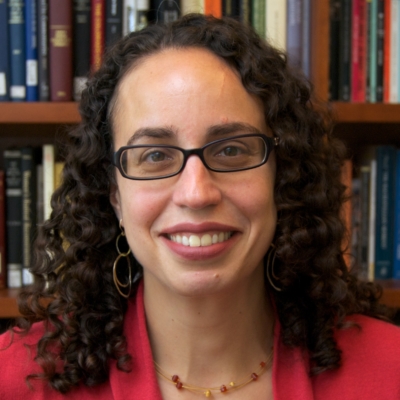On Amalia Kessler’s Inventing American Exceptionalism
Summary
One of the stories we Americans tell ourselves is that adversarialism has been part of our legal system since the nation’s founding. As such, we believe, courtroom clashes are essential to the search for truth and justice.
Think of television’s Perry Mason who, week after week, triumphantly fingered the real murderer after a withering cross-examination. Or the real-life Erin Brockovich, who filed a class action for residents of Hinkley, California, who were exposed to chemical contamination and won millions on their behalf.
According to Amalia Kessler, Lewis Talbot and Nadine Hearn Shelton Professor of International Legal Studies, “we have this sense that adversarialism is inherent in the English common law and that’s who we are.” Her new book, Inventing American Exceptionalism: The Origins of American Adversarial Legal Culture, 1800-1877, systematically challenges the “deep-rooted assumption that our system is necessarily adversarial.”
This notion is in fact “so deep that there’s no history of how we came to have that system and that’s odd,” Kessler notes.
…
Rather than preordained, Kessler reveals, this evolution emerged from changes within the early 19th century legal culture of the new nation as well as from broader debates over market regulation and racial equality. As a result, adversarialism played a key role in defining American legal institutions and practices and, moreover, Kessler writes, it has “much to teach about how contemporary Americans made sense of … the myriad difficulties stemming from such complex and transformative social processes as democratization, the market revolution, religious revivalism, and Reconstruction.”
Read More
